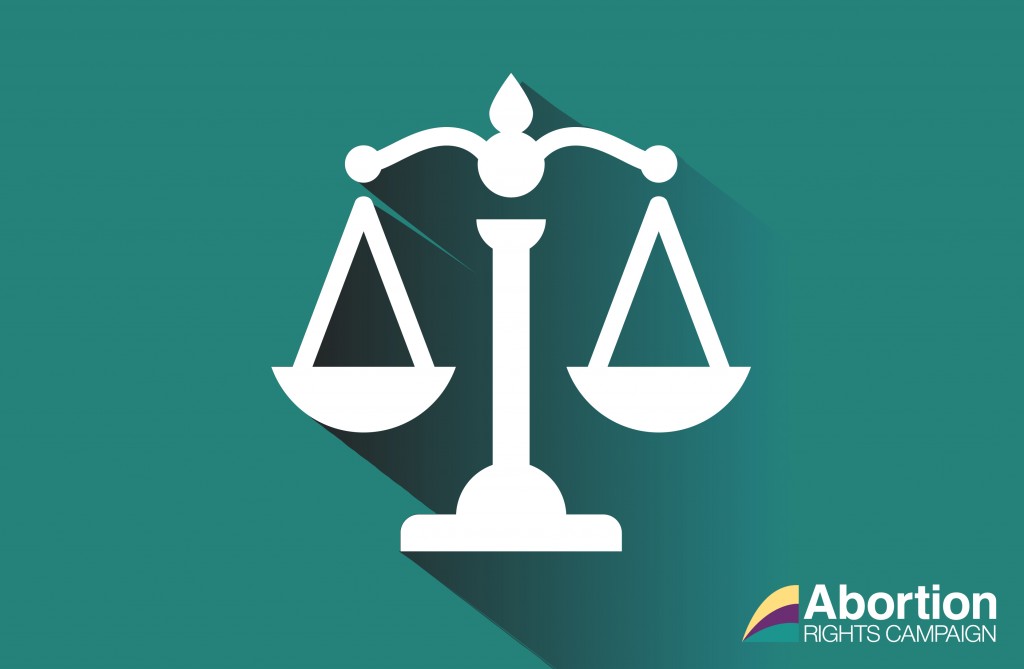
The Committee found that Siobhan Whelan, whose foetus was given a diagnosis of a condition incompatible with life in 2010 was forced to travel to the UK to terminate her pregnancy after being denied information; subjected to cruel, inhuman and degrading treatment; discriminated against by being denied healthcare based on her sex; and denied the right to privacy.
Speaking today in response to the ruling Abortion Rights Campaign (ARC) spokesperson Linda Kavanagh said: “Ms Whelan’s case is a common experience among those experiencing a fatal foetal abnormality diagnosis. On top of dealing with their grief, they must find practical information regarding service providers in another jurisdiction, obtain medical records, send them over in advance, arrange accommodation, child care, funding, make arrangements at work, and ensure that they have all the documents needed to travel. Because of the chilling effect of the Abortion Information Act, many, when requesting information on accessing abortion from their medical providers in Ireland, are made to feel like criminals, as the court heard from Ms Whelan, ‘with no regard for the devastating news she had received only a few days earlier’.”
Ms Kavanagh said that the Citizens’ Assembly was set up in response to the previous ruling against the Irish state in favour of Amanda Mellet and they have concluded that Ireland’s abortion laws cannot remain in their current form. “Until Ireland’s laws change, cases such as these will continue to be heard, and won, as the Irish State is unquestionably in violation of the UN International Covenant on Civil and Political Rights (CCPR).”
The Committee found that Ms Whelan’s mistreatment was a ‘direct result of the legislation in place in Ireland’ and she was ‘subjected to gender-based discrimination insofar as she was stereotyped as a reproductive instrument whose needs were subordinate to those of her unborn, non-viable fetus.’
Ms Kavanagh also stated that Ireland currently does not have systems in place to treat pregnant people with fatal foetal abnormalities in a dignified, humane manner that allows them to grieve while receiving necessary health care. “Holoprosencephaly, the condition in this case, occurs in approximately 1 in 250 pregnancies. The mistreatment suffered in this case will continue to be a common occurrence and standard practice as long as state-sanctioned discrimination is written into our Constitution.”
“The Committee’s findings and statements echo previous declarations from UN human rights authorities that women in Ireland are treated ‘as a vessel and nothing more’. Everyone in Ireland deserves autonomy, dignity and physical and psychological integrity. These are the state’s obligations under the Covenant. Until free, safe, and legal abortion is available to everyone who needs it, the Mellet and Whelan cases will be only the first of many such lawsuits.” Ms Kavanagh concluded.

